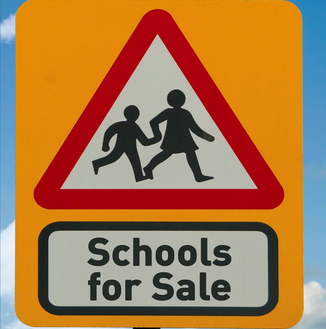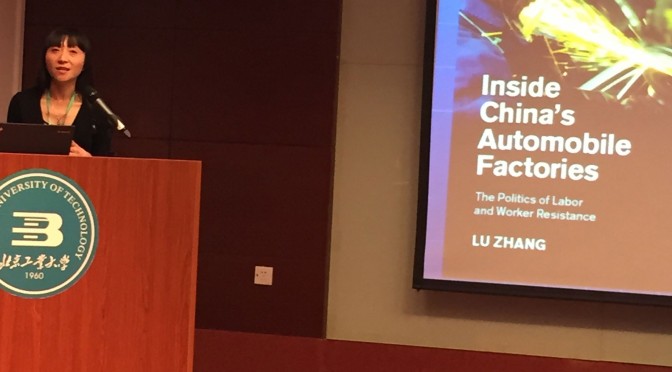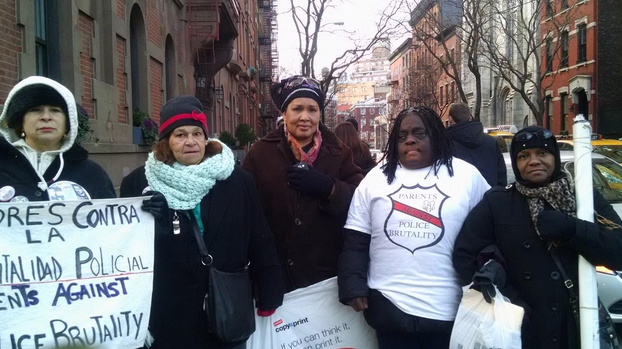Editor’s Note (4.13.15): The original article from the Atlantic has been significantly revised due to framing and factual errors regarding acceptance and enrollment trends. You can read the latest response from Jay Hershenson, Senior Vice Chancellor for University Relations and Secretary of the Board of Trustees at CUNY, here.
In “When Being a Valedictorian Isn’t Enough,” LynNell Hancock and Meredith Kolodner explore the ramifications of the raising of admission standards at the top-five CUNY colleges – Baruch, Hunter, Brooklyn, Queens, and City. CUNY’s top schools increasingly admit a disproportionate number of white and Asian freshmen, while admitting fewer students from New York City’s high schools. This drive to increase the prestige of the top-five schools has left New York’s black and Latino high school students crowding into two-year community colleges with much lower chances of ever successful completing a Bachelor’s degree. Hancock and Kolodner examine the impact on the changes on New York City’s students, high schools, and on the community at large. Who is getting left behind by a system that less-and-less reflects the demographic make-up of New York’s public schools…and is there a way out?
You can find a response to this article from CUNY here.






